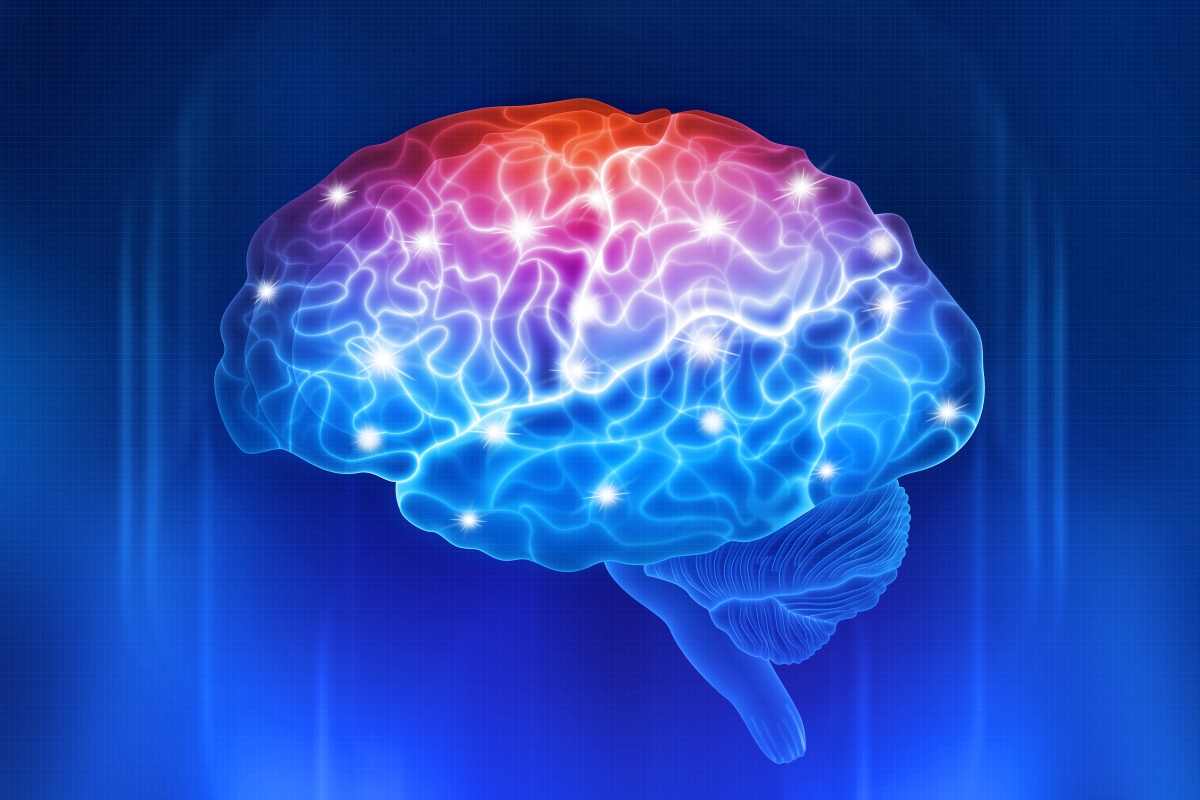Western Diet: Implications for brain function and behavior

The Western diet (WD), characterized by high intake of saturated fats and refined carbohydrates, is strongly linked to obesity, cognitive impairment, and emotional disorders in both humans and animal models. This diet disrupts gut microbiota composition, affecting brain function through gut–brain axis mechanisms. Additionally, prolonged exposure to highly palatable WD foods may promote addictive-like eating behaviors and dysregulate the hypothalamic-pituitary-adrenal (HPA) axis, contributing to chronic stress, anxiety, and depression. Chronic stress, in turn, influences eating behaviors and negatively impacts key brain regions, including the hippocampus, hypothalamus, amygdala, and cortex. Furthermore, obesity-induced neuroinflammation can lead to neuronal dysfunction. This review explores the mechanisms linking the Western diet (WD) consumption to altered brain function and behavior, discusses potential therapeutic strategies, and highlights current research limitations in addressing this growing public health issue.
Year: 2020

 Navigation
Navigation








